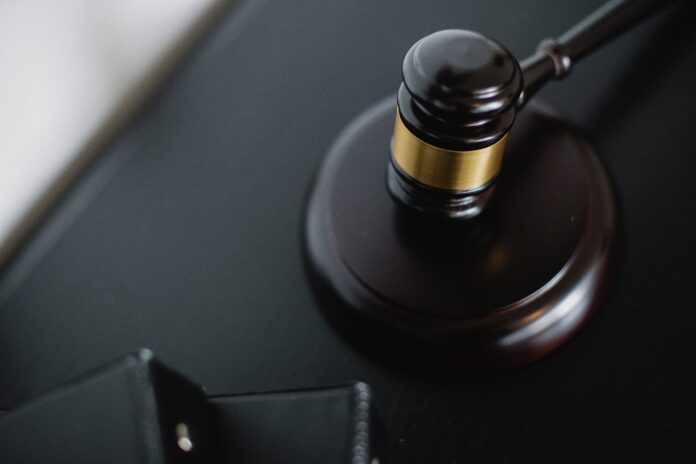In New Evidence Law, Courts Prohibited From Inquiring Into Privileged Communication Between Ministers and President of India
The proposed Bharatiya Sakshya (BS) Bill that seeks to replace the Indian Evidence Act of 1872 prohibits the courts from initiating an inquiry into any privileged communication between Ministers and the President of India.
Although Article 74(2) of the Constitution states this, the Union government seeks to give it legal backing by making it part of the evidence book.
The government, however, has not clearly defined what constitutes “privileged communication”, leaving the provision open to interpretation.
The Bill adds the proviso to Section 165, which pertains to the “production of documents” on the orders of a court. “A witness summoned to produce a document shall, if it is in his possession or power, bring it to Court, notwithstanding any objection which there may be to its production or to its admissibility.., Provided that no Court shall require any privilege communication between the Ministers and the President of India to be produced before it,” the Bill states.
The Bill, along with two other criminal codes — the Bharatiya Nyaya Sanhita Bill, 2023 and the Bharatiya Nagarik Suraksha Sanhita Bill, 2023 — will replace the Indian Penal Code, 1860 and the Code of Criminal Procedure, 1898, respectively. They are expected to be tabled in the winter session of Parliament beginning December 4.
The Bills were introduced on August 11 in Parliament and were referred to the Parliamentary Standing Committee on Home Affairs for examination. According to the report finalised by the committee in November, the Bill has omitted four Sections of the Indian Evidence Act, 1872, which contain colonial references and other outdated procedures.
The Union Home Secretary highlighted the major changes that have been introduced in the Bill vis-à-vis the Indian Evidence Act, including the deletion of British legacy references.
The words ‘Vakil’, ‘Pleader’ and ‘Barrister’ have been replaced with the word ‘Advocate’, and Section 166 relating to the power of the jury to put forward questions, etc., has been deleted as the jury system has already been abolished in India.





